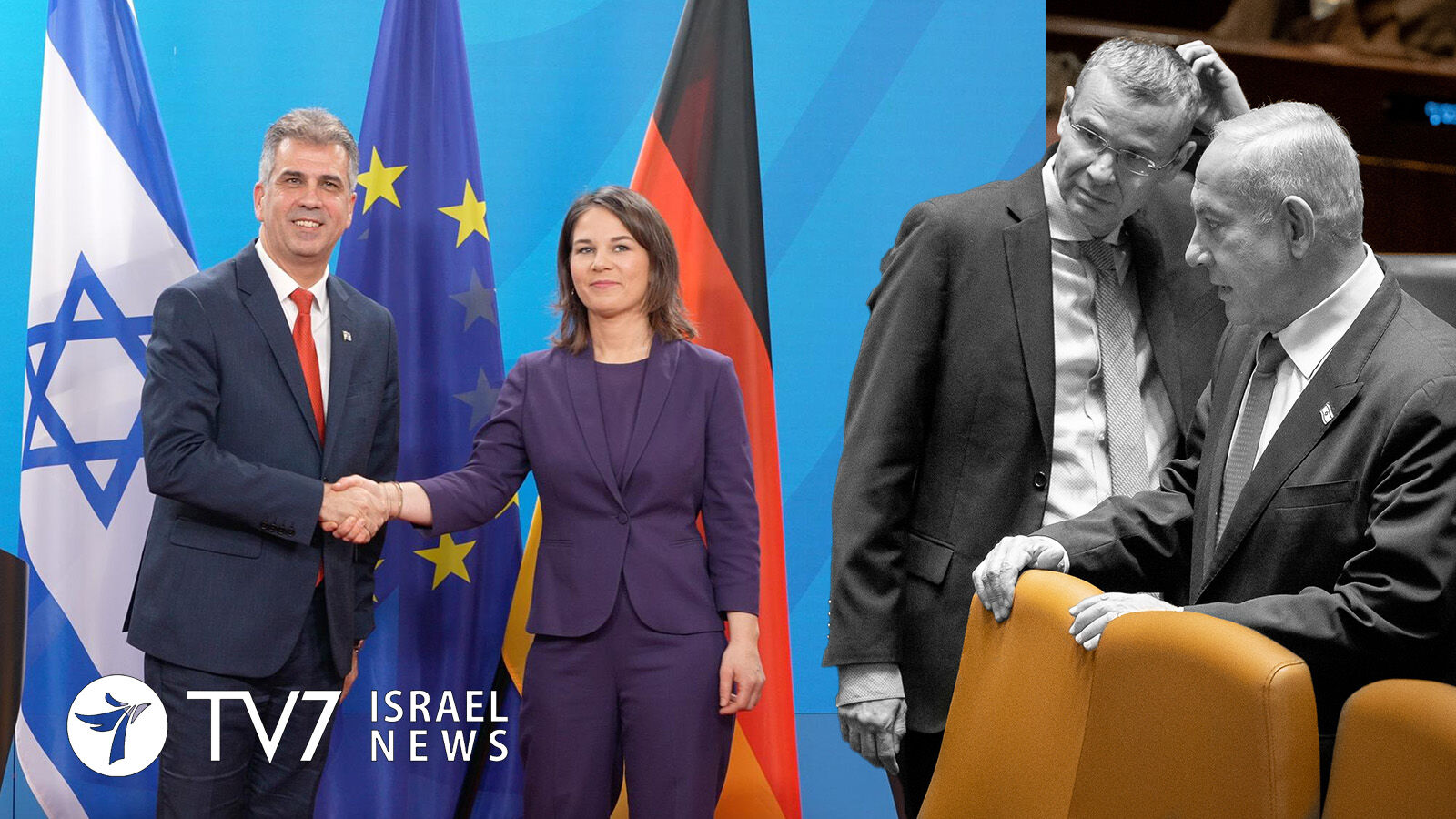The issue arose during a visit to Berlin by Israeli Foreign Minister Eli Cohen.
By Erin Viner
“I will not deny that we abroad are concerned about some of the legislative plans in Israel,” German Foreign Minister Annalena Baerbock said at a news conference alongside her Israeli counterpart.
“Among the values that unite us is the protection of constitutional principles such as the independence of the judiciary. That was always Israel’s hallmark,” she added.
Mass public protests in Israel erupted in early January – less than two months after Netanyahu’s ruling coalition took office – following announcement of sweeping “reform of governance” led by Israeli Justice Minister Yariv Levin and the Knesset Constitution, Justice and Law Committee Head Simcha Rothman that will limit Supreme Court rulings against government moves or Knesset laws, while increasing the coalition’s input over nominations to the bench.
Several of the clauses have already been approved by the Knesset in initial readings but have yet to be written into law.
Critics believe the proposals threaten the country’s democracy, saying the Court plays a vital role in holding the government to account in a country that has no formal constitution. The plan, they maintain, will not only weaken the judiciary by eradicating democratic checks and balances, but will also foster corruption, endanger civil liberties, damage the national economy and and bring diplomatic isolation by jeopardizing ties with Western allies.
Earlier this week, German Ambassador to Israel Steffen Seibert said his country is closely watching the dispute over the proposed judicial changes.
Minister Cohen, a member of Netanyahu’s Likud party, defended the plan, insisting, “At the end of the day, our judicial reform will strengthen democracy.” He went on to underscore Israel’s openness to free speech and recent mass protests.
There have also been quiet calls from Washington, which generally avoids commentary on domestic Israeli matters.
“The genius of American democracy and Israeli democracy is that they are both built on strong institutions, on checks and balances, on an independent judiciary,” commented President Joe Biden during a recent interview with the New York Times, adding that, “Building consensus for fundamental changes is really important to ensure that the people buy into them so they can be sustained.”
Germany also expressed concern over plans by the Israeli government to enact the death penalty.
“We are acting against terrorism using all means: suppression, punishment, and now also legislation with a law to deport terrorists’ families from Israel, and a death penalty law for terrorists – things that have not been present before,” Prime Minister Netanyahu declared in the wake of the 26 February murders of Israeli brothers Hillel and Yagel Yaniv by Palestinian gunmen in Huwara.
Pertaining to Israel’s controversial building in the West Bank, Foreign Minister Cohen stated during the Berlin press conference while standing alongside Baerbock that construction of Jewish communities in the disputed territories will “definitely” continue under the current government.
